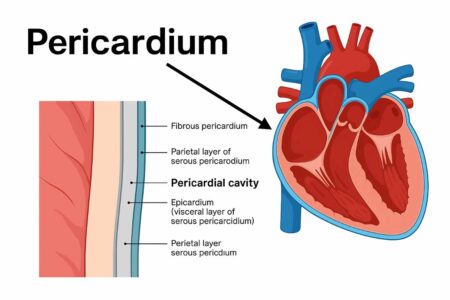Waste management is the process of collecting, transporting, processing, and disposing of waste materials in an efficient and safe manner. It involves the management of all types of waste, including solid wastes such as garbage, recyclables, and hazardous materials. The goal of effective waste management is to reduce or eliminate any negative impact on human health and the environment by minimizing risks associated with improper disposal.
The first step in managing any type of waste is to identify what it is. Waste can be classified into two main categories: biodegradable and non-biodegradable. Biodegradable materials are those that can be broken down naturally by microorganisms while non-biodegradable materials cannot be broken down naturally by living organisms. Examples include plastics, glass, metal cans, and bottles; these require special disposal methods such as incineration or recycling to avoid environmental damage due to long-term accumulation in landfills or other sites where they can leach pollutants into the environment when exposed to water or air over time. The top waste management company in Singapore can help ensure that your waste is being managed in the most efficient way possible.
The next step in effective waste management involves collection systems that transport the material from its source (e.g., households) for proper disposal either through a municipal system or a private company/contractor providing services for industrial/commercial establishments.
Types of Waste Management
Waste management is an important part of modern life. We all generate waste in one way or another, and it’s important to understand the different ways we can manage our waste responsibly. There are several types of waste management that can help us reduce our environmental impact and make sure our waste is disposed of properly.
The first type of waste management is recycling. Recycling allows us to reuse materials instead of throwing them away, reducing the number of new materials used. It also reduces the amount of energy used in production since recycled materials require less energy to process than creating something from scratch. Common items that are typically recycled include paper, glass, plastic, aluminum cans, and cardboard boxes.
The second type of waste management is composting. Composting turns organic material into a nutrient-rich soil amendment that can be used to fertilize gardens and landscaping projects. It reduces the amount of trash sent to landfills as well as helps reduce greenhouse gas emissions by keeping organic material out of landfills where it would decompose anaerobically (without oxygen) which produces methane – a powerful greenhouse gas! Items such as food scraps, yard trimmings, leaves, manure, and newspaper can all be composted at home or placed in the compost pit.
Benefits of Good Waste Management Practices
Good waste management practices are essential to the health of our environment and the preservation of natural resources. It is important to reduce, reuse, and recycle materials whenever possible in order to decrease the amount of waste that ends up in landfills or incinerators. In addition, good waste management practices can save money by reducing costs associated with garbage disposal and environmental damage.
The most important benefit of good waste management is that it reduces pollution levels in the air, water, and soil. By properly sorting recyclable materials such as plastic bottles, metal cans, glass jars, paper products, cardboard boxes, etc., we can prevent these materials from ending up in landfills where they would release harmful toxins into the environment upon decomposition. Additionally, composting organic matter such as food scraps and yard trimmings helps reduce methane emissions from landfills while providing a nutrient-rich fertilizer for gardens or farms.
Another benefit of effective waste management is that it conserves energy and raw materials by encouraging reuse instead of disposal or single-use items created out of new resources. Reusing items like clothing or furniture minimizes the need for additional production processes which require energy inputs as well as resources such as water and minerals extracted from nature.

Conclusion
Overall, waste management is a critical component for any society looking to maintain a healthy and sustainable environment. It can be achieved through multiple strategies, such as reducing waste production, reusing materials, recycling products, and disposing of non-recyclable items properly. With the right measures in place and continued education on the issue, we can all work together to reduce our environmental footprint and create a better tomorrow.






